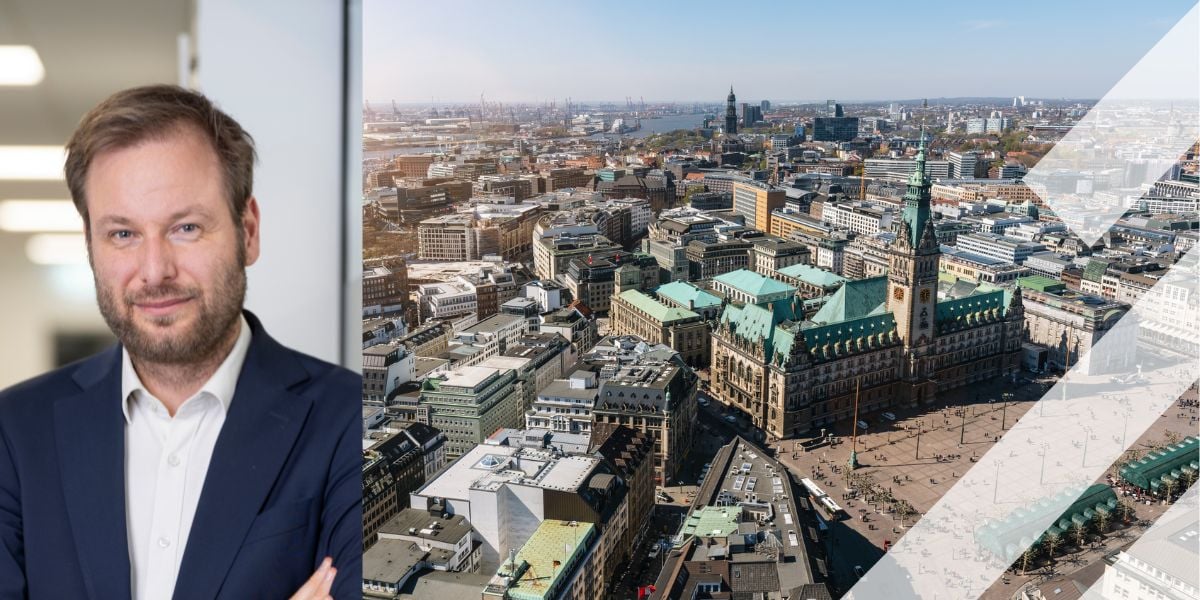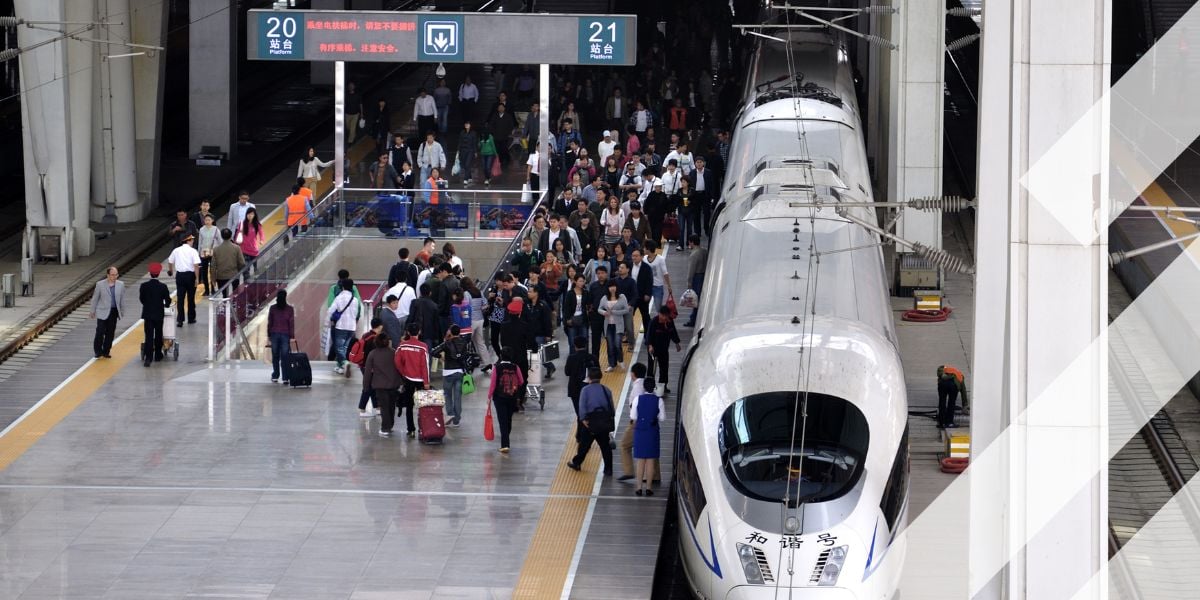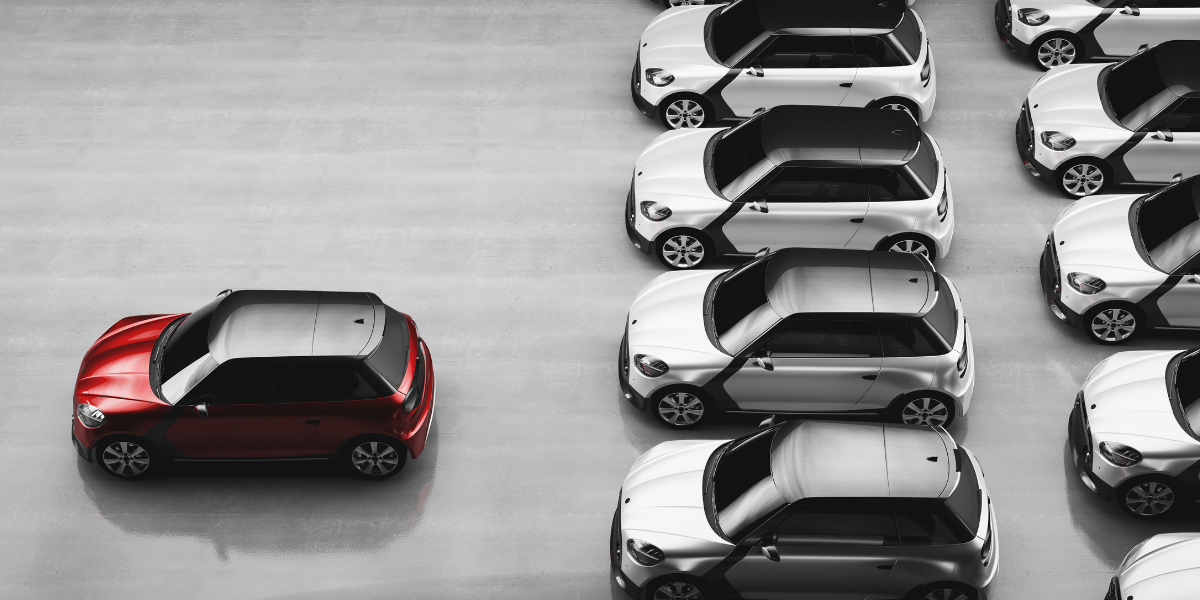Smart city Leuven on a mission
Intro
In part one of Intertraffic’s look at the smartest cities in Belgium, Leuven’s Expert Advisor on Smart Mobility Tim Asperges provides insight into why many believe his city to be the smartest of them all.
There are, naturally, several cities in Belgium that have every right to consider themselves to be the country’s smartest. Intertraffic readers will be able to make their own minds up in the coming weeks, but in this first instalment the focus is on the city of Leuven.

Tekst en foto 1
Known, perhaps, for two rather different aspects of life (although come to think of it perhaps not so “separate”) in that it’s one of Europe’s notable University cities and home to the Stella Artois brewing company, there is no doubt that it’s also among Europe’s most innovative cities in the field of sustainable mobility.
Tekst1
In Belgian terms, however, if the subject is connected to smart mobility, it's widely thought to be a three-horse race between Leuven, Ghent and Antwerp. But how does a first time visitor know that Leuven is a smart city?
“That’s just it,” says Tim Asperges, the City of Leuven’s Expert Advisor on Smart Mobility. “You don't see that it is smart. That's the smart bit. When you are in a smart city, you have the feeling that the city is working. Leuven was nominated as the AI capital of Europe, not because we are inventing new ‘rocket science’, but because we have a very strong cooperation model between the research institutions, the companies, the inhabitants and the city itself.”
That's the smart bit of a smart city. When you are in one, you have the feeling that the city is working
A STELLAR CAST
As Asperges explains, the city is not resting on its laurels and is pushing ahead with a number of exciting initiatives.

Tekst en foto 2 university
“We have a non-profit organisation called Leuven 2030 that the city has founded together with the University of Leuven and the biggest companies in the area. The main task of Leuven 2030 is to look for coalitions in becoming a Climate Neutral City,” he explains. “We are lucky that even though we are a quite small city of 100,000 inhabitants we have an excellent University and all kinds of spin off companies that are also in that DNA of smart cities.”
Tekst2
There are four types of memberships of Leuven 2030: the city itself, the research institutes, local companies and the Leuven’s citizens.
“All four can become a shareholder of Leuven 2030 but as a company, you have to put some money into it and you have to submit an action plan: what you are going to do in the Climate Neutral city, for instance. The Stella Artois brewery is one of the partners,” Asperges explains. “Currently we have 600 members of Leuven 2030.”
CITIZEN SCIENTISTS
One very important factor in the city’s smart initiative is the collaboration with and participation of world-renowned nano- and digital technologies research hub, IMEC.
“IMEC are using Leuven as a living lab. That's why we have a lot of tests and trials and upscales of things that are connected to smartness. Because we are a university city, people are perhaps more open to new things.”
IMEC are using Leuven as a living lab. That's why we have a lot of tests and trials and upscales of things that are connected to smartness
One of the projects that brought Leuven’s work into mainstream smart mobility thinking was WeCount, one of the world’s first “citizen science” initiatives. Asperges explains how project was put into operation in several locations across Europe. Using a window-mounted sensor in combination with a low-cost computer and software, citizens can count the traffic on their street. Using this measurement data, an individual citizen or a group of citizens can report issues to local or regional government.

everything counts
“WeCount was actually a really simple data collection sensor that was designed to generate citizen engagement in transport planning and transparency, because it's just a sensor that you put on your window. We asked the people of Leuven if they would like to have the sensor in their window – it was entirely voluntary. In that regard the neighbourhoods and the citizens are already actively involved in collecting data, and they use this data to tell the city there is a problem in their street,” he explains.
Tekst3
We asked the people of Leuven if they would like to have a sensor in their window – it was entirely voluntary. In that regard the neighbourhoods and the citizens are actively involved in collecting data
“We can use this data to balance the discussion and explain to the inhabitants there is actually no problem on your streets because it's only a relatively small amount of cars, and another perfectly comparable street in that neighbourhood has 10 times more traffic there and it’s they that have a problem. WeCount gives us a way of fine-tuning traffic models and nuancing the discussions on mobility andtraffic, which is always in an emotional and emotive subject.”
As for what will Leuven look like in five years time, in the smart mobility sense, Asperges has an unsurprisingly clear vision.
“The biggest challenge in any city is lack of public space,” he notes. “We are using technology to help us to optimise it. In any city, private car ownership, and parking your car on the street is one of the most difficult and the most emotional issues – so do we go about thinking of down-scaling the amount of private car parking places? Within the context of climate and other issues, there is a high demand on our public spaces so what we are doing now is dedicating some of the public spaces to things like cargo bike sharing.
“We explicitly decided that we don't want free-floating sharing systems. We give dedicated space to these kinds of shared mobility services because that's the highest service level we can offer through shared mobility,” he maintains
A PROBLEM SHARED
Shared mobility is clearly one of Leuven’s keys to minimising the pressure placed upon on-street parking.
“We’re going further than that though, as we are trying to use parking places in a dynamic way. There is a project that Leuven is involved in within EIT Urban Mobility called FlexCurb in which we are doing group management where at certain times of the day the city logistics operators can use that parking place to make deliveries and at other times of the day it’s a parking place for residents or visitors,” he explains. “One parking place is used in the most efficient way for different kinds of activities, and we are installing sensors that use platforms to give a guarantee to the logistics partner that they have a reserved parking slot. In this way we can optimise the parking domain.”
We are installing sensors that use platforms to give a guarantee to the logistics partner that they have a reserved parking slot
LOCAL LOYALTY
Among a whole raft of other new developments on Leuven’s horizon there is a dynamic access control initiative: put simply, if you’re not driving a low-emissions vehicle you don't get into the city, and a leading role, together with IMEC, in the TOKEN project that seeks to capitalise on the transformative impact of Blockchain technologies in public services. A third example another logistics-based initiative that sees local goods getting priority treatment.
Says Asperges: “If local goods are being brought into or out of the city, they get more access rights that if they were goods that come from China, for example. In TOKEN we have a rule engine where the data of goods from a logistical partner come into our platform - the platform will give more of less access rights depending on the. The higher the score in sustainable logistical transport, the more access rights they get from us to do the delivery in the city. These are things where technology is going to help us to organise our city in a smart way or in a smarter way.”
THINKING BIG
Leuven’s status as, arguably, the smartest city in Belgium is all the more remarkable when you consider its transport department’s humble beginnings.
I have worked for the city of Leuven for eight years now, but when I started there was no transport department. I was the transport department
“I have worked for the city of Leuven for eight years now, but when I started there was no transport department. I was the transport department,” he emphasises with a modest half-smile. “But now I have a team of around 15 employees. If I compare it to a city like Ghent, their transport department has about 140 people working there! We have to be very clever with a very small team where we can make an impact and probably you don't see us on the circuit talking about what we are doing – we’re out there doing it.”
related articles
SHIFTING THE MOBILITY PARADIGM - PART I
SLOVENIA: GOING GREEN AND DIGITAL - PART I
SLOVENIA: GOING GREEN AND DIGITAL - PART II
Share your story
Do you have an innovation, research results or an other interesting topic you would like to share with the professionals in the infrastructure, traffic management, safety, smart mobility and parking industry? The Intertraffic website and social media channels are a great platform to showcase your stories!
Please contact our Sr Brand Marketing Manager Carola Jansen-Young.
Are you an Intertraffic exhibitor?
Make sure you add your latest press releases to your Company Profile in the Exhibitor Portal for free exposure.





